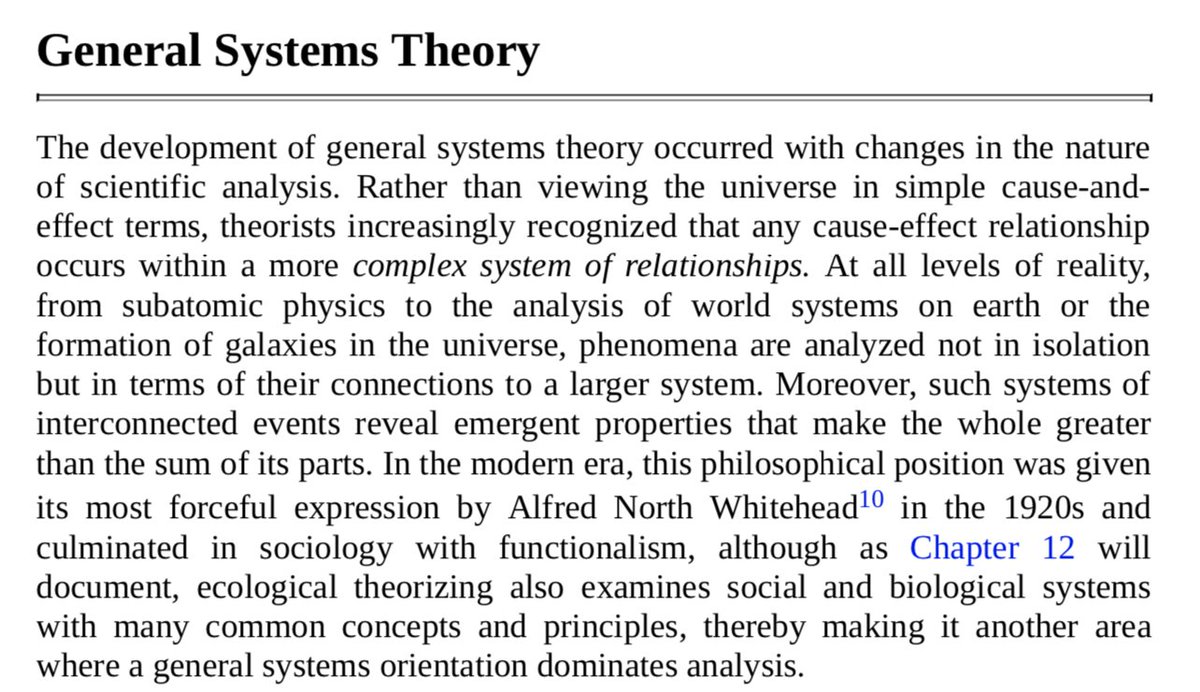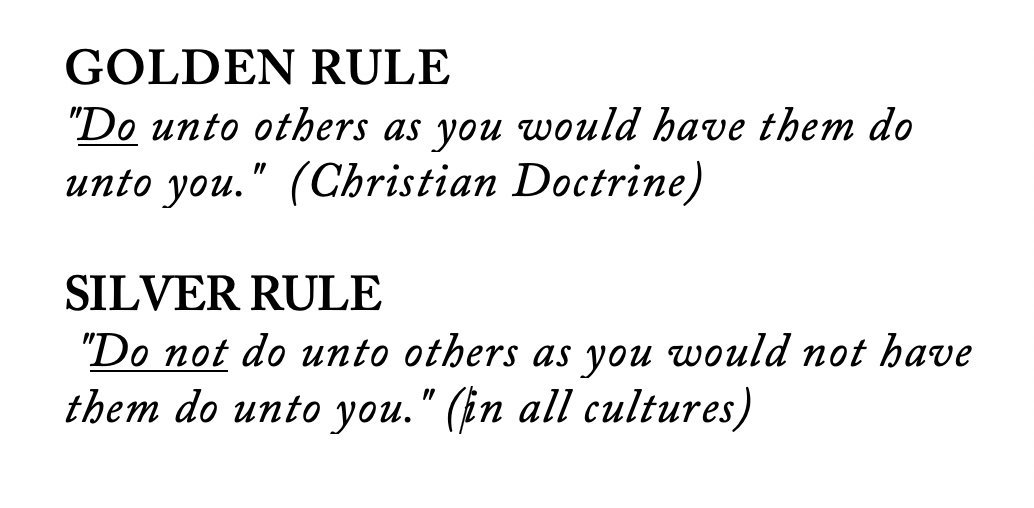The movement to study society as a science combining physics (math) + systems (& organisms) +/- darwinism was called SOCIOLOGY (e.g. Parson's social system).
Complexity Science, here, is effectively a branch of sociology trying to do epidemiology.
Quetelet, in 1869 introduced "Physique sociale" (social physics) using math to study society as "physics".
Then A. Comte coined "sociology" and "positivism" to distinguish this new domain as positivist (scientific) but distinct from physics.
Sociology is a set of ideas with explicit objective to study society. No problem with that.
Applied sociology, however, tends to project bounded reasoning to other domains. Often with implicit objective to change society (that supposedly studies).
The study of social dynamics, with abstract (often subjective or vague) -isms like capitalism, communism, localism or centralism, is essential part in any textbook of.... guess what.... sociology.
Not merely to study these -isms, but to bring them to life.
Using complexity to claim authority over other domains is the oldest trick in the book. Eugenics did it. Sociology did it. Comte was actually open about it: sociology rules over all other sciences, due to its complexity.
Still, a lot of conjectures. Demanding students to memorise incoherent BS, should be considered as criminal.







